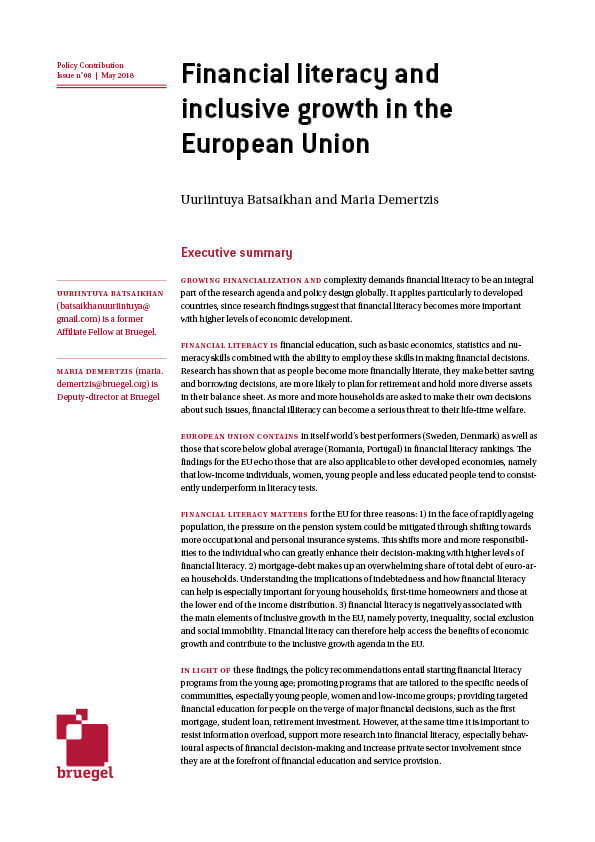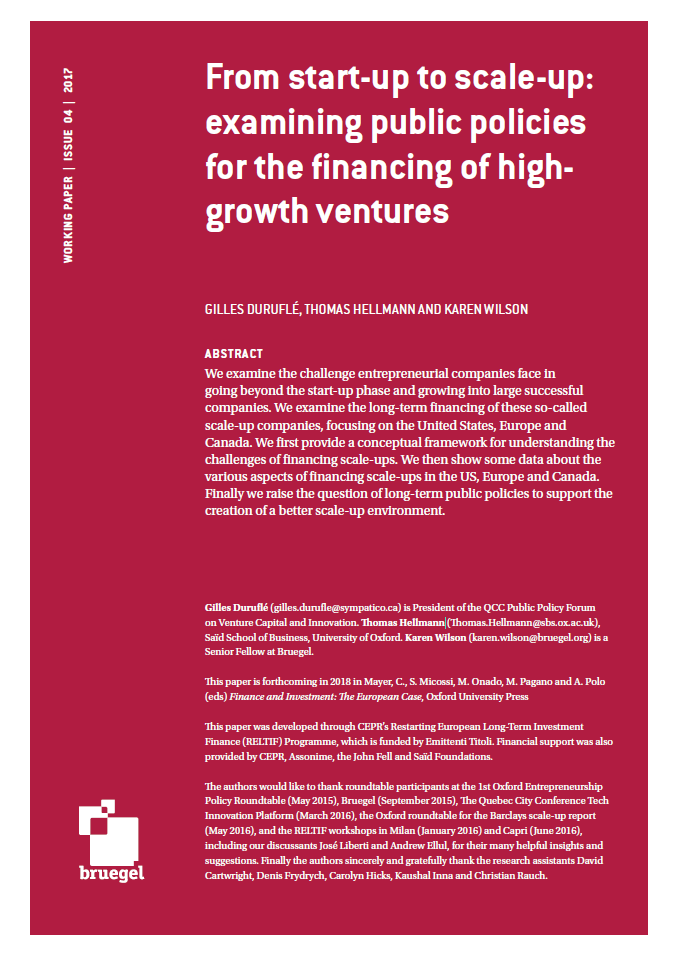Past Event
Assessing the Impact of Science Funding in Europe
SIMPATIC Workshop
In the current climate of fiscal consolidation, public research budgets have come under increased scrutiny in many European countries. Public research institutions are being held more accountable for their use of public funding, and increased emphasis is being placed on assessing the social impact of public science funding.
In the US the STAR METRICS initiative was set up in response to these challenges, but in Europe no such organisation exists; a European platform of granting agencies, hosting institutes and impact assessment researchers is needed.
The scientific community engaged in evaluating public funding of scientific research is responding to this increased demand. However, despite the increasing availability of data and the diffusion of better methodologies, there are huge challenges remaining.
To build a European network for science funding evaluation, we can draw on experiences of the SIMPATIC network, which brought together researchers and funding agencies to assess the impact of research funding for companies.
The January workshop aims to help initiate a European platform on the assessment of science funding. The workshop will bring together the three types of stakeholders (academics, granting agencies and host institutes) which have already been formed in 3 pilot local clusters (Leuven, Lausanne and Strasbourg).
Preliminary program –
8.30 – 9.00 Registration
9.00 – 9.10 Welcoming remarks by Domenico Rossetti, DG RTD, EC, SIMPATIC project officer
9.10 – 9.30 Introduction to the workshop by Reinhilde Veugelers, Scientific Coordinator of SIMPATIC, KU Leuven & Bruegel
9.30 – 10.00 Presentation of the KU Leuven pilot by Reinhilde Veugelers, KU Leuven & Bruegel & Otto Toivanen, KU Leuven
Other team members: Cindy Lopes Bento KU Leuven; Stijn Kelchtermans, KU Leuven
10.00 – 10.30 Presentation of the Swiss National Science Foundation pilot by Fabiana Visentin, EPFL
Other team members: Dominique Foray, EPFL; Jacques Mairesse, ENSAE; Michele Pezzoni, Bocconi University
10.30 – 11.00 Coffee & Chocolate Break
11.00 – 11.30 Presentation of the University of Strasbourg pilot by Patrick Llerena, University of Strasbourg
Other team members: Stefano Bianchini, University of Strasbourg; Julia Lane, American Institutes for Research and University of Strasbourg
11.30 – 12.00 Presentation of the French National Research Agency pilot by Nicolas Carayol, University of Bordeaux
12.00 – 12.30 Other potential pilots: e.g UA Barcelona
12.30 – 13.00 “How to combine reviews in panel evaluations” by Marco Ottaviani, Bocconi University; Peter N. Sørensen, University of Copenhagen
13.00 – 14.00 Lunch Break
14.00 – 14.30 “How can we know science funding works? Turning the scientific method on ourselves” by Pierre Azoulay, MIT (through videoconferencing)
14.30 – 15.00 “Analyzing funding impact at Caltech; a US Starmetrics pilot” by Paula Stephan, Georgia State; Jacques Mairesse, ENSAE; Julia Lane, American Institutes for Research
15.00 – 15.30 Coffee & Chocolade Break
15.30 – 17.30 Panel Discussion with key stakeholders on why and how to form a European network for assessing the impact of science funding
Chair: Reinhilde Veugelers, KU Leuven & Bruegel
Contributors: Jean Pierre Bourguignon, ERC; Roman Arjona-Gracia , DG RTD, EC ; Luc Soete, U.Maastricht & RISE; Julia Lane, American Institutes for Research; Kurt Deketelaere, LERU
17.30 – 18.00 Wrapping up and designing a roadmap for the next steps
18.00 Closing reception
19.00 Dinner (on invitation)
Event materials
Event summary –
Practical details
- Venue: Bruegel, Rue de la Charité 33, 1210 Brussels
- Time: Tuesday 27 January 2015, 9.00-18.00
- Contact: Matilda Sevón, Events Manager – [email protected]















